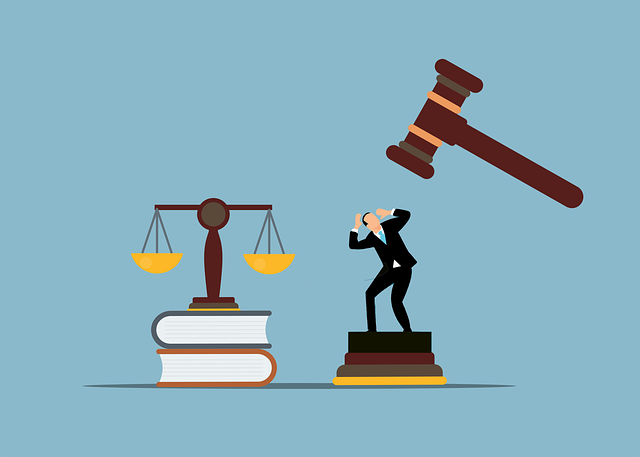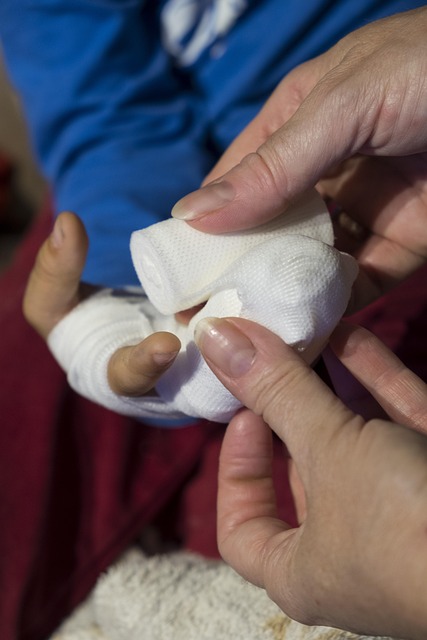During the preparation phase of an injury claim process, gather and organize critical evidence like documents, photos, medical records, and witness statements. Keep detailed records of medical treatments, expenses, and communications with providers for complex claims. Collect initial police reports, insurance forms, and relevant documents immediately to support your case. Proper organization, labeling, and accessibility ensure these materials are effectively used throughout the injury claim process. Engaging legal representation can significantly assist in this process.
Preparing for the injury claim investigation stage is crucial to ensure a successful outcome. This comprehensive guide walks you through the essential steps, from gathering compelling evidence like medical records and witness statements, to mastering interview techniques by understanding insurer processes and practicing clear storytelling. Additionally, it emphasizes the value of legal support in navigating the intricate injury claim process, highlighting the importance of consulting experienced attorneys and timely paperwork submission.
- Gathering and Organizing Evidence
- – Documenting medical treatments and expenses
- – Collect all relevant documents (e.g., police reports, witness statements)
Gathering and Organizing Evidence

When preparing for the injury claim investigation stage, one of the most crucial steps is gathering and organizing evidence. This involves collecting all relevant documents, photographs, medical records, and witness statements that support your claim. Start by reviewing any initial police reports or insurance forms filed at the time of the incident. These can provide a solid foundation for your case.
Next, organize your evidence in a structured manner. Create digital or physical folders for different types of documentation. For instance, have separate sections for medical bills, diagnostic reports, and correspondence with insurance companies. If your claim involves product liability or a breach of fiduciary duty, ensure you capture all details related to the faulty product or the professional’s negligence. Engaging legal representation can aid in this process, as they know how to efficiently collect and present evidence during the injury claim process.
– Documenting medical treatments and expenses

When preparing for the injury claim investigation stage, documenting medical treatments and expenses is a crucial part of the process. It’s essential to keep detailed records of all healthcare-related activities, including visits to doctors, hospitals, and therapists, as well as any prescribed medications or treatments. Each receipt, bill, and medical note can serve as vital evidence during the claim process.
Maintain an organized folder or digital file containing these documents. Include dates, descriptions of services received, names of healthcare providers, and corresponding costs. This meticulous documentation will not only facilitate smoother communication with insurance adjusters but also strengthen your injury claim by providing concrete proof of medical necessity and associated expenses, especially when dealing with complex cases like property damage claims or, in severe instances, caregiver abuse.
– Collect all relevant documents (e.g., police reports, witness statements)

Before diving into the injury claim investigation stage, it’s crucial to ensure you have compiled all relevant documents. This includes police reports, which serve as official records of accidents or incidents, and witness statements that provide firsthand accounts from bystanders or individuals who witnessed the event. These documents play a pivotal role in the injury claim process by offering concrete evidence that supports your version of events. Additionally, gathering medical records detailing your injuries and treatments is essential for substantiating the extent of your damages.
For cases involving nursing home neglect, caregiver negligence, or homeowner insurance claims, having comprehensive documentation can significantly strengthen your case. It’s advisable to request copies from relevant institutions, healthcare providers, and insurance companies. Keep in mind that organization and promptness are key; ensure all documents are correctly labeled, dated, and easily accessible for when the investigation begins.
Preparing for the injury claim investigation stage is crucial to navigating the injury claim process smoothly. By diligently gathering and organizing evidence, including documenting medical treatments and expenses as well as collecting relevant documents like police reports and witness statements, you can ensure a stronger case and increase your chances of a favorable outcome. Remember that clear and comprehensive documentation is key throughout the entire injury claim process.






